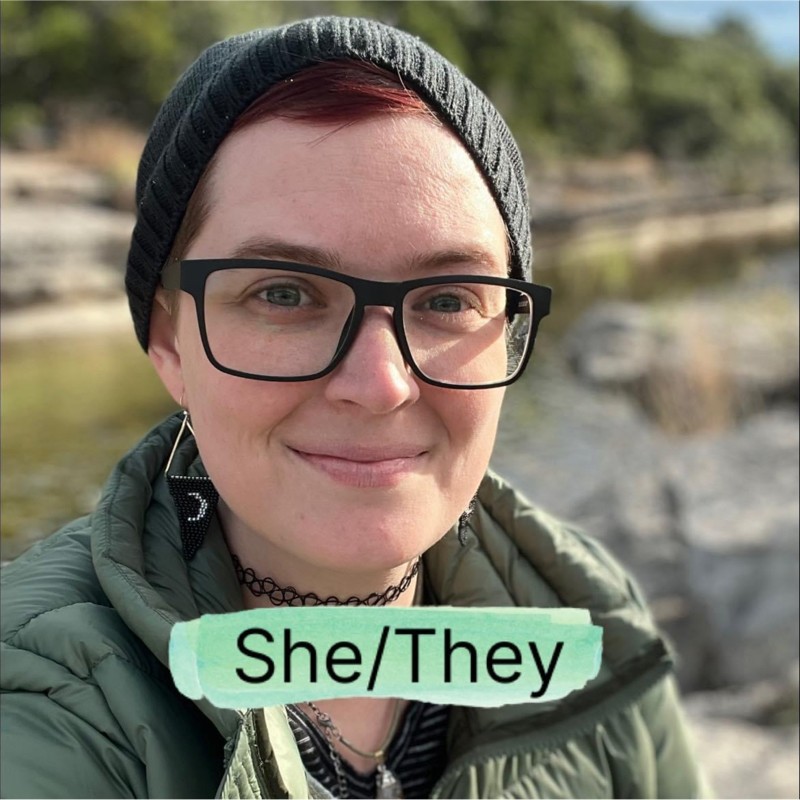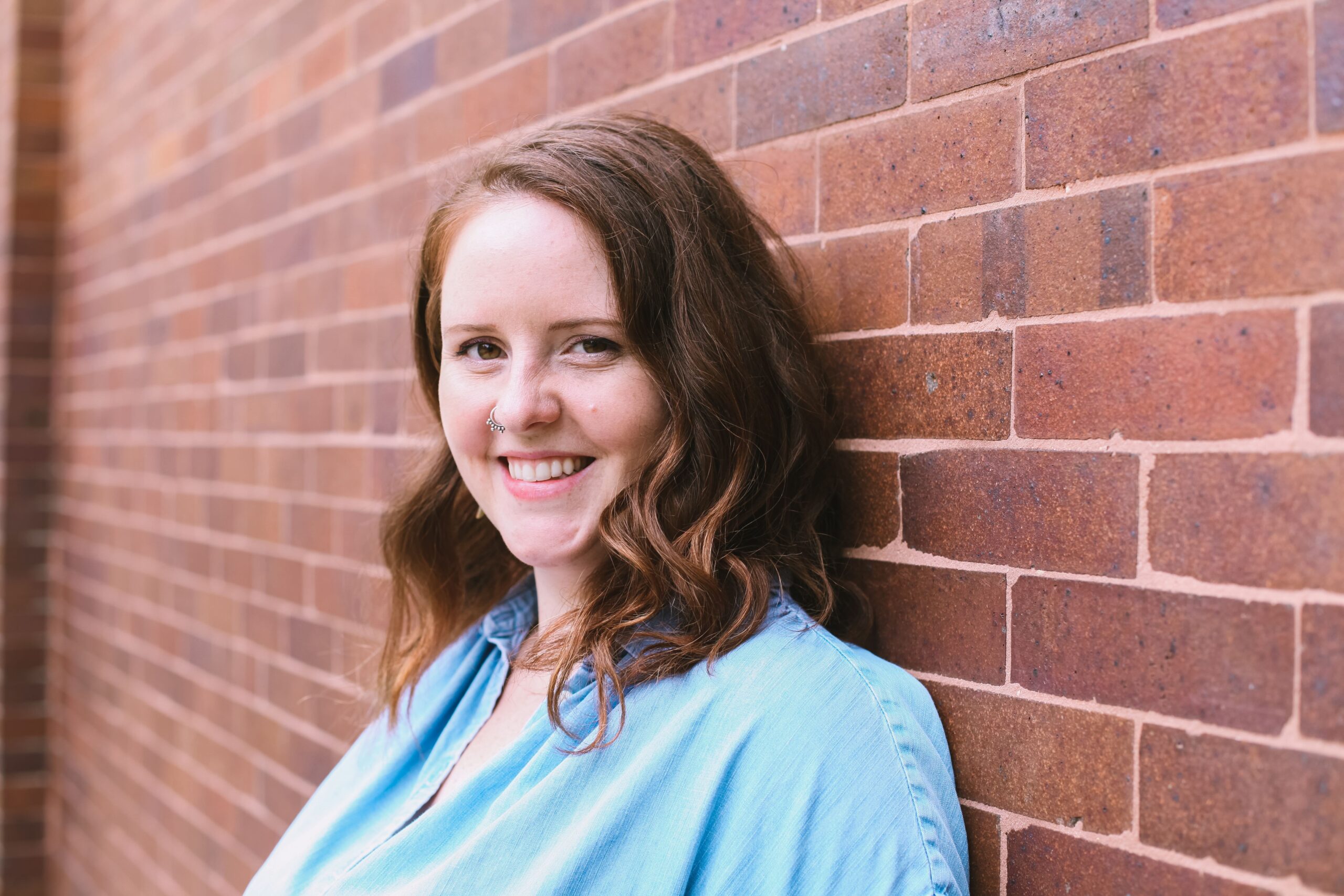This is an application, and not all people who apply will be able to get in due to class size.
The South Southwest Mental Health Technology Transfer Center (MHTTC) invites peer specialists from across Region 6 to apply for the Youth and Young Adult Peer Specialist training. The Youth and Young Adults Peer Support training was developed to train peer supporters on the topics of youth voice and issues specific to youth navigating mental health or substance use challenges. The Youth and Young Adults Peer Support training is available for anyone who works, or is interested in working, as a peer specialist. This three-day training provides participants with a foundation for youth experience with mental health and substance use challenges, the unique issues for youth navigating recovery and youth-serving systems, and best practices and tools for peer specialists looking to support youth. The training will also encourage participants to consider how to use their own lived experience when supporting youth through structured reflection, group discussion, and interactive activities.
There is no age requirement for participating in this training. Applicants will be informed of acceptance before April 5, 2024. Applicants will be accepted on a rolling basis, so we encourage interested folks to apply early since space in the training may fill up quickly. Not all applicants will be accepted as we have limited seats available.
The Youth and Young Adult Peer Support training is appropriate for anyone working or volunteering (or interested in working or volunteering) as a peer specialist. The only prerequisite to attendance is that participants must have previous formal training in peer support practice (e.g., their state’s Peer Specialist certification training, Intentional Peer Support, etc.). Priority consideration will be given to people who are interested in attending the YAYAPS Training of Trainers so that they may facilitate the Youth and Young Adult Peer Support Training in their communities.
At the end of this training, it is envisioned that participants will be able to:
 Jessi Davis (she/they) is an experienced Program Coordinator and Peer Specialist with a
Jessi Davis (she/they) is an experienced Program Coordinator and Peer Specialist with a
demonstrated history of working in the Peer Support, Mental Health, and Substance Use
Recovery industries. Jessi is known for work surrounding Youth and Young Adult Peer
Support training, technical assistance, and leadership. Currently working at the South
Southwest Mental Health Technology Transfer Center, Jessi works to provide support,
technical assistance, and training to the Peer Workforce throughout the 5 states and all
tribal communities within Region 6. They have spent much of their career focused on
promoting access to quality Peer Specialist services across the lifespan.
 Darcy Kues (she/her) is a Project Manager with the South Southwest Mental Health
Darcy Kues (she/her) is a Project Manager with the South Southwest Mental Health
Technology Transfer Center and the Addiction Research Institute, where she writes
curricula focused on peer support and recovery services. She has over 7 years of
experience in curriculum development, grant writing, and program coordination for
peer support services and recovery-oriented behavioral health. Darcy has developed
trainings on reentry peer support, youth and young adult peer support, trauma
responsiveness, peer support supervision, LGBTQ affirming services, and more. She is
committed to building a world where recovery and lived experience are centered at
every level of decision-making.